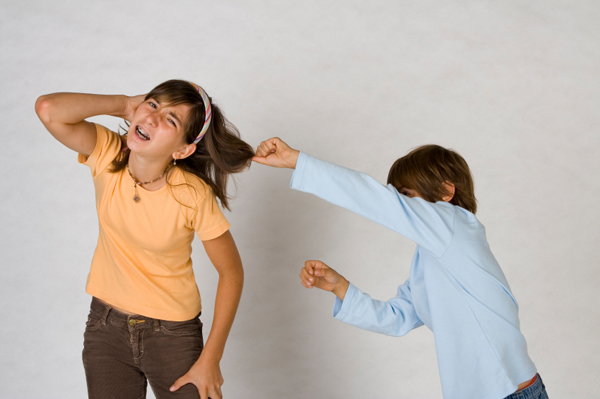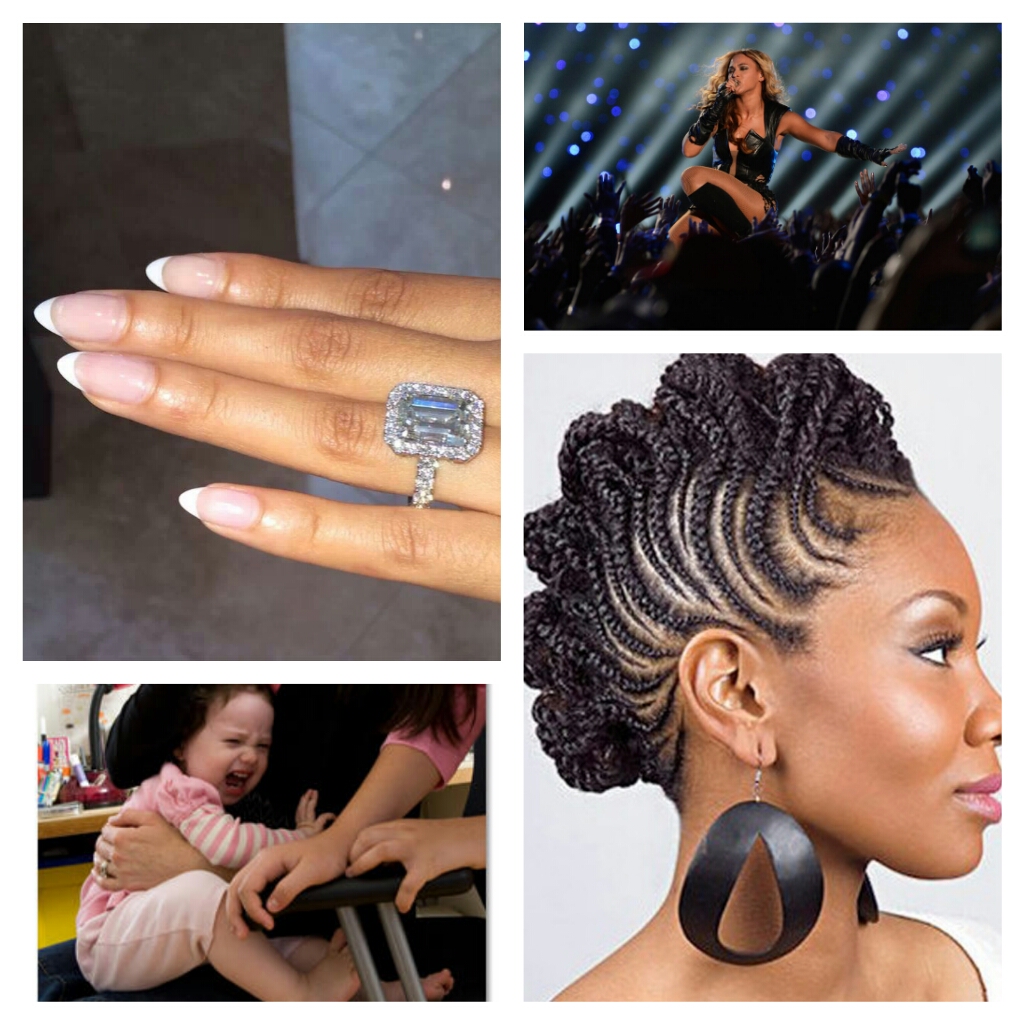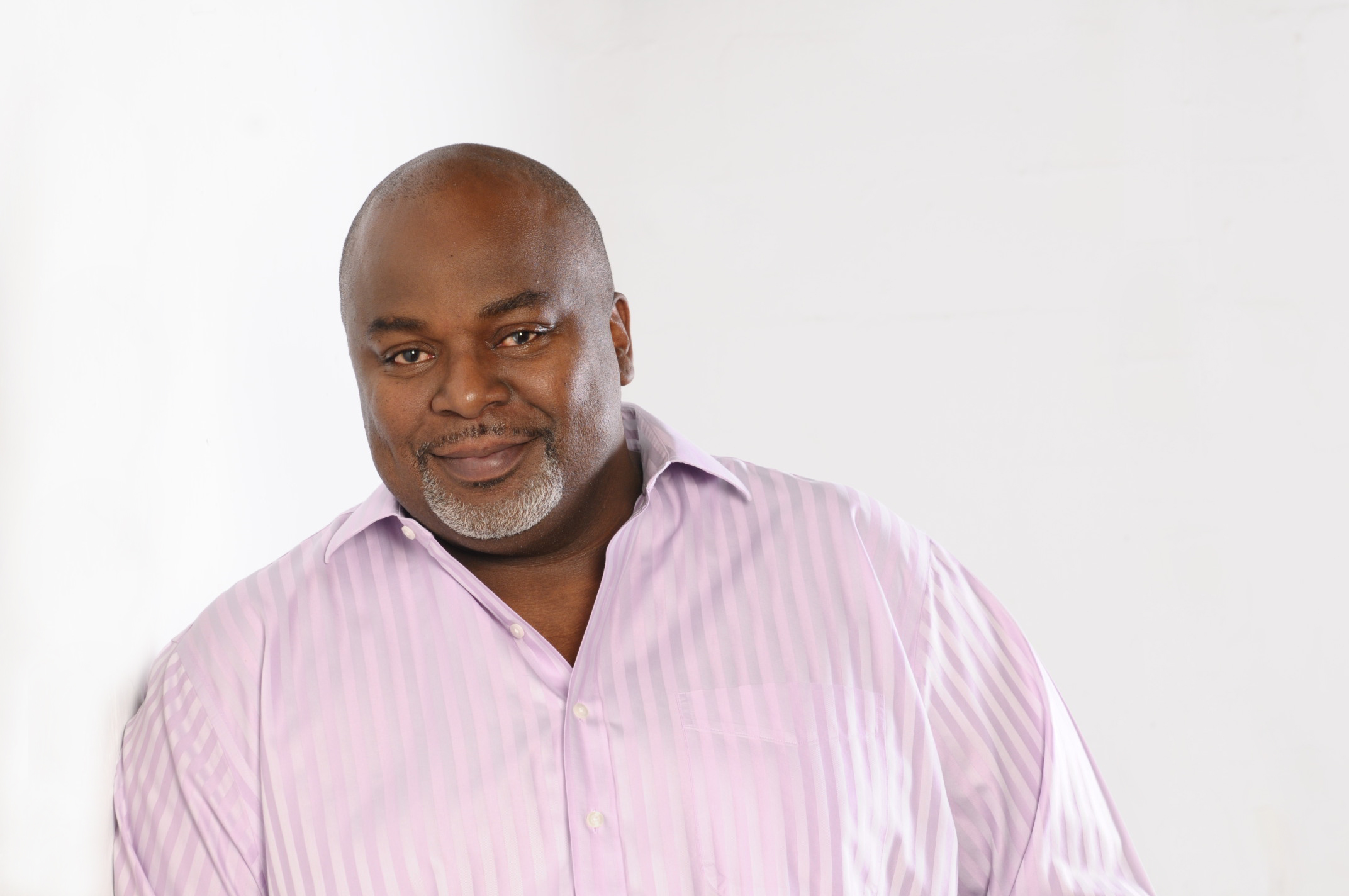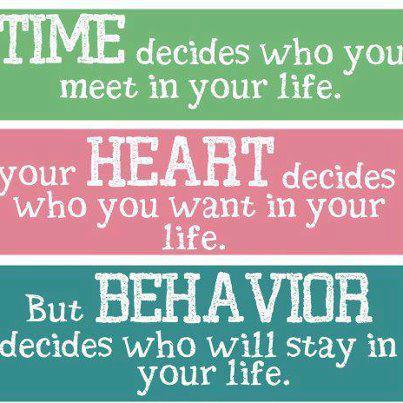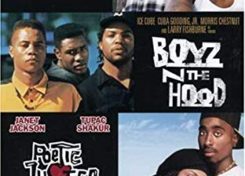It’s been years since I was wheeled out of a hospital maternity ward with a newborn in my arms, but I recall the moments as if they unfolded yesterday.
Each time, the arrival of our son and daughters filled me with awe, affection and a sense of purpose. In our first moments as mother and child, I would stare into their eyes, cuddle them to my heart and kiss their sweet little faces. I savored their newness, but was all too aware that these fragile infants were adults in disguise, and that soon enough, a world beyond our love and protection awaited them. They would need our guidance to help them function successfully within its realm someday.
Choosing to rear a child is arguably the most important decision a person can make. Not only are we adding to the population, but we’re also sending out individuals who represent our unique genetics, teachings and traditions. Creating a family connects us to the larger society in which we live and makes it impossible to avoid the accountability that comes with it. So perpetuating the cultural trend of needlessly pampering our sons and daughters is as damaging as it is irresponsible.
Two commentaries recently brought the dilemma of indulgent adults and their myopic, me-centered offspring to the forefront: an article in The New Yorker (“Spoiled rotten: Why do kids rule the roost?”) and a brow-raising commencement speech given last month to Wellesley High School’s Class of 2012 by English teacher David McCullough Jr. His address chose to keep it real instead of gushing to the new graduates.
“We Americans, to our detriment, come to love accolades more than genuine achievement,” he told them. “We’re happy to compromise standards, or ignore reality, if we suspect that’s the quickest way, or only way, to have something to put on the mantelpiece, something to pose with, crow about, something with which to leverage ourselves into a better spot on the social totem pole.”
In other words, too many parents have over-corrected their less-than-ideal childhoods by flipping the creed of “children should be seen, not heard” into “my child first above self and others.” Parents dismiss their wants and needs to create a deceptively cushy existence for their boys and girls, who become unappreciative adults who don’t respect authority, become independent or tolerate anyone who refuses to enable their shallow expectations.
Although I agree parents should do more than feed, clothe, shelter and safeguard the basic health of their kids, coddling our sons and daughters against life’s inevitable failures and frustrations and preventing them from accomplishing things themselves places an undue burden on society and forces the rest of us to work around the dead weight.
We haven’t always done the right thing as parents, and we’re far from being Cliff and Clair Huxtable. But we are proud that Darius, Nia and Layla are healthy and happy young people who treat their peers and elders with respect. They have age-appropriate chores, don’t get everything they ask for and understand that the world is an unfair place, but they aren’t allowed to use that fact to mistreat others or expect Mom and Dad to fight their battles or pick up their slack.
Calvin and I struggle to maintain a balance of authority and adoration that is intended to raise capable people, not infantilized grown-ups who expect the rewards of adulthood without sharing any of the responsibilities.
Abolitionist and orator Frederick Douglass declared that, “It is easier to build strong children than to repair broken men.” For the sake of our children’s children, it’s time we fall back, gather up the disjointed pieces and start.

